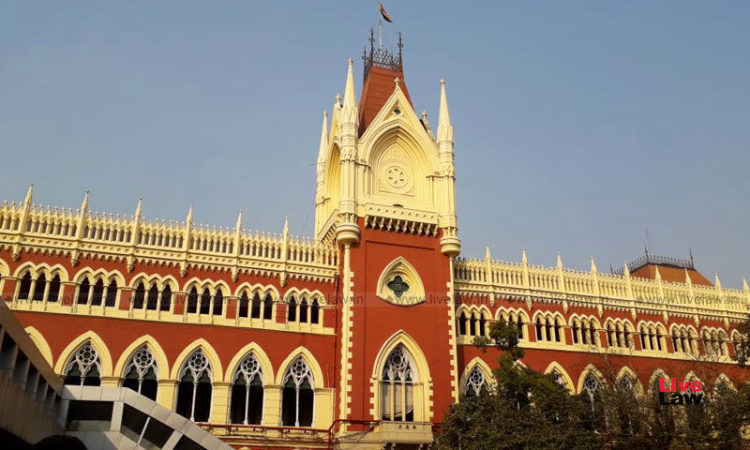Calcutta High Court Criticizes "Indefinite" Ban On Bidder Pending Criminal Trial
Srinjoy Das
24 July 2023 8:07 PM IST

Next Story
24 July 2023 8:07 PM IST
The Calcutta High Court on Monday allowed a writ petition for the lifting of a ban imposed on Auroma Coke Ltd (“petitioners”) from taking part in the Non-regulated Sector (“NRS”) Linkage auctions organised by Coal India Limited (“CIL”). The petitioners were blacklisted by CIL in the year 2011 upon a communication by the Central Bureau of Investigation (“CBI”) regarding...
